The BEST of what 2020 had to offer - in PHOTOS
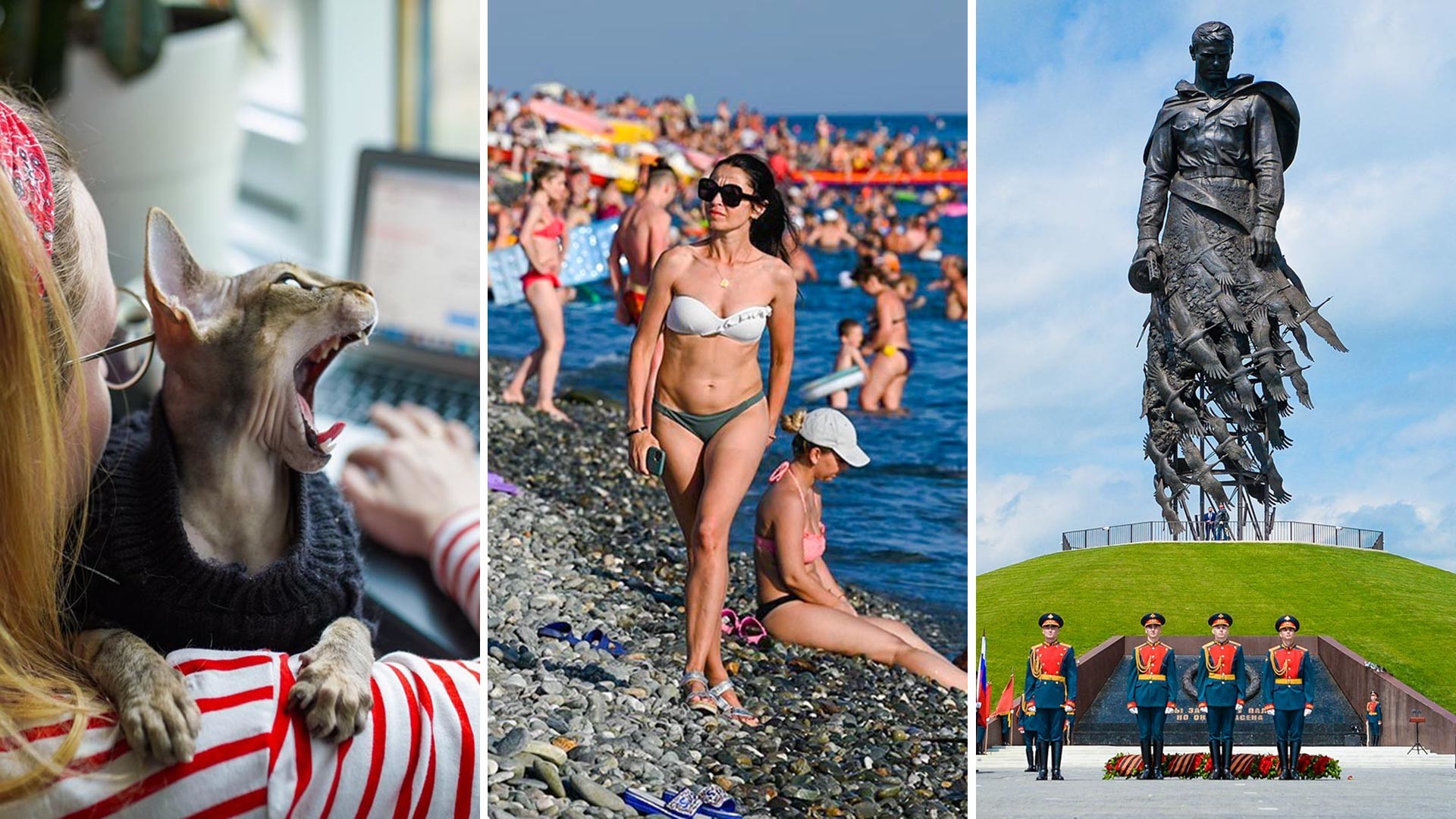
January
The start of 2020 looked like any other year for the Russians, really. Markets with presents, holiday decorations lighting up the cities across the country, winter fun and entertainment and, of course, no social distancing to speak of.
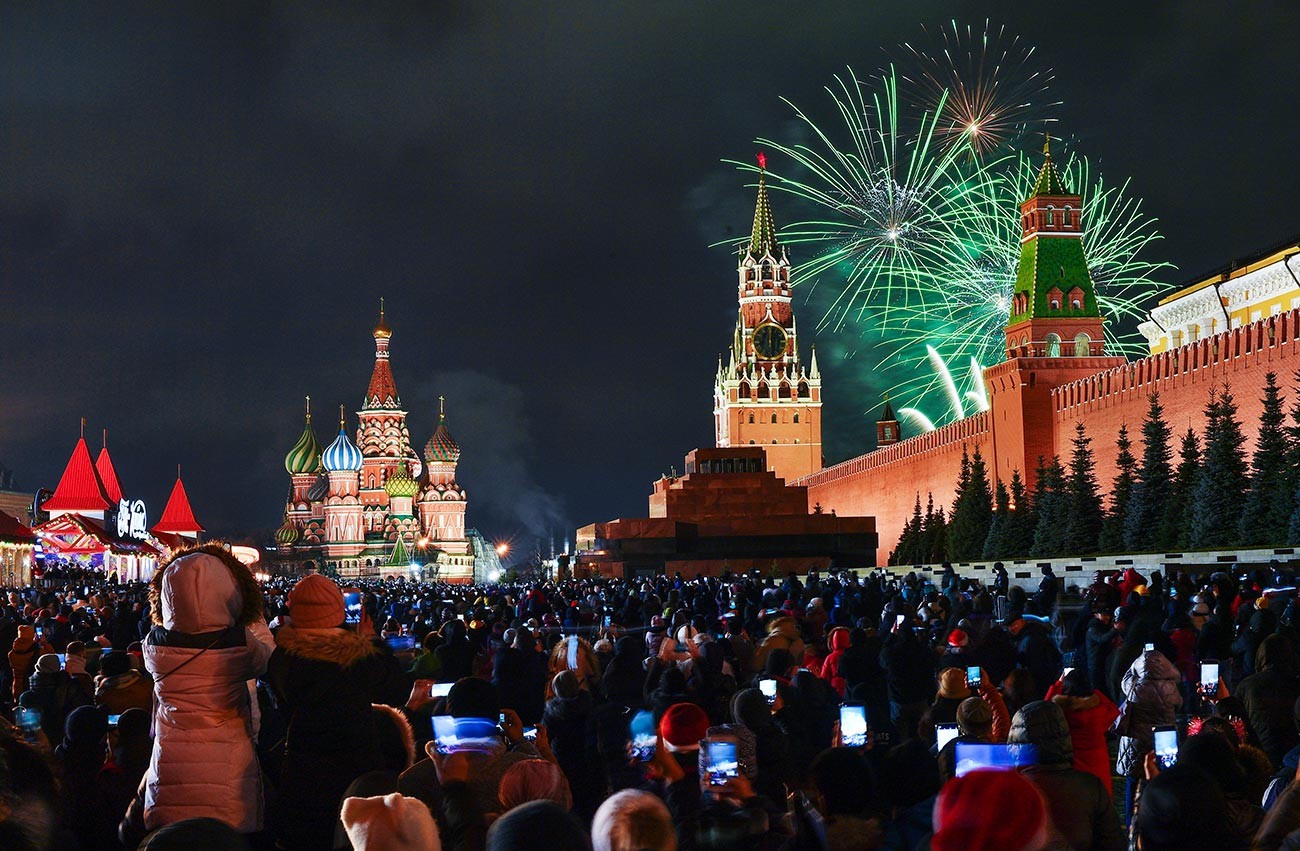
New Year celebrations in Moscow.
Vladimir Astapkovich/SputnikFebruary
The last day of February saw the opening of the biggest theme park for children and adults - ‘Dream Island’. The space was divided into nine areas, each with its own theme dedicated to a cartoon character. It would be less than three weeks, on March 17, that the park would close down and Russians would go into ‘self-isolation’ mode until June 9.
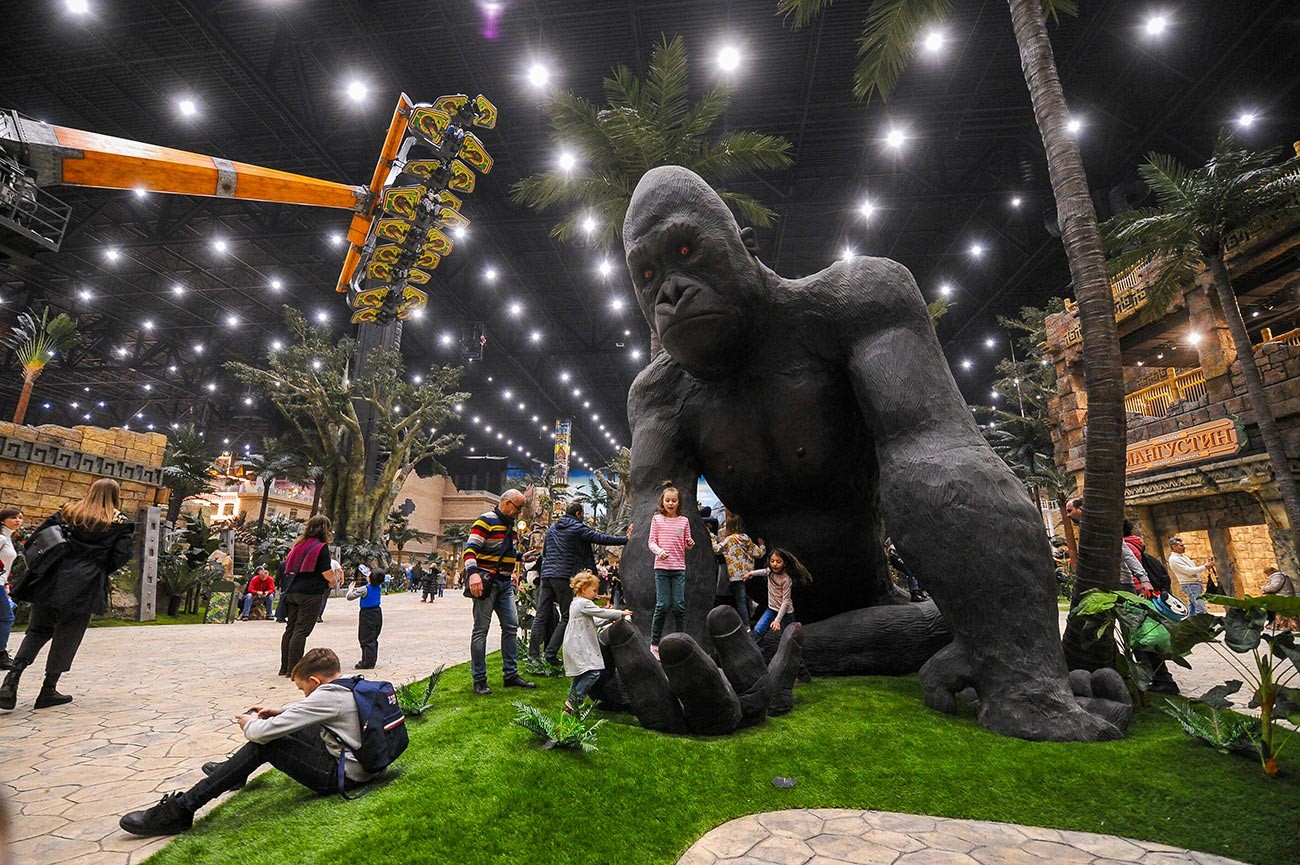
‘Dream Island’ opening in Moscow.
Alexander Avilov / Moskva AgencyREAD MORE:How does Moscow’s first theme park stack up against its foreign rivals?
March
For many, working from home turned out to be tougher than one might think, while a ton of businesses had to shut amid the restrictions.
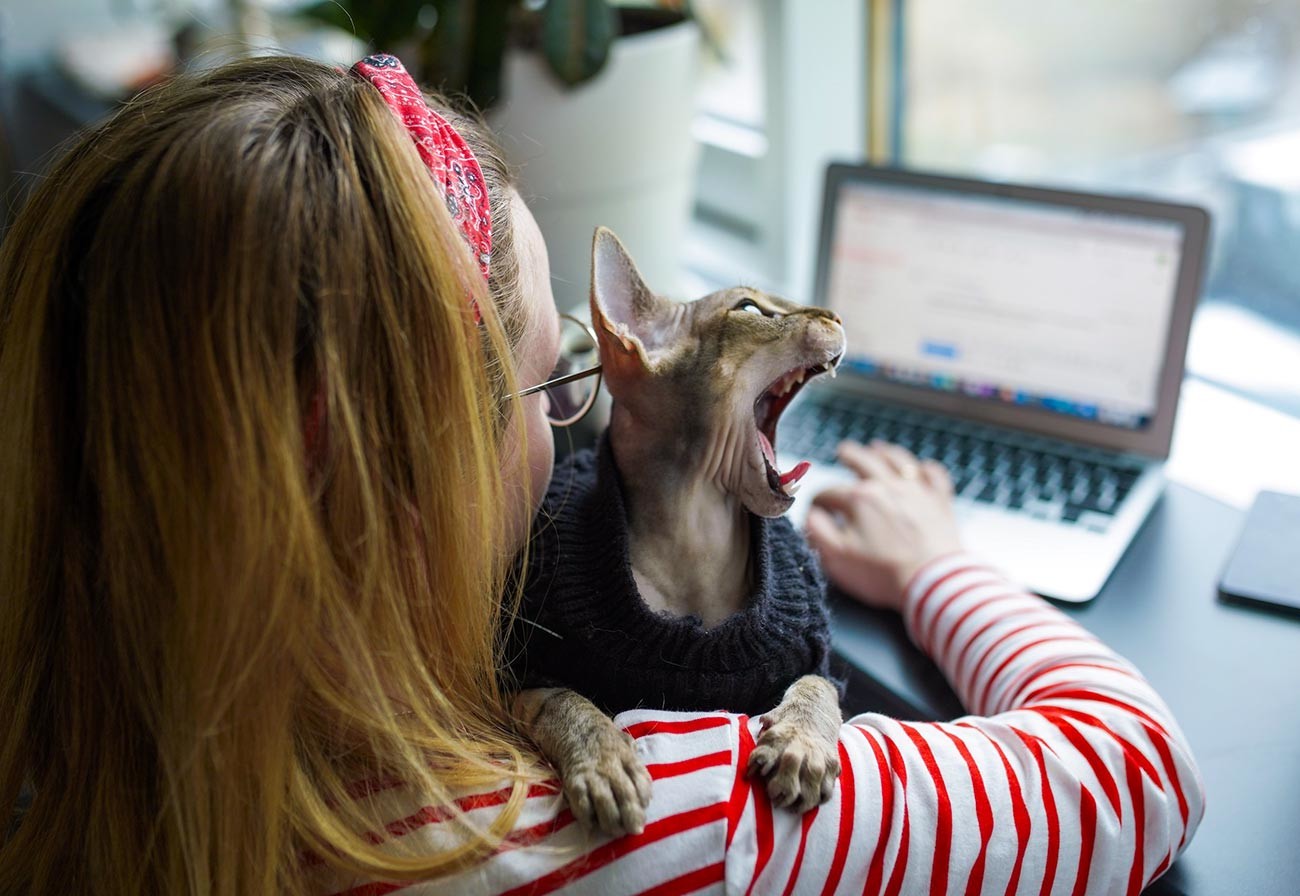
A cat will always help out with a time-sensitive report.
Alexander Avilov / Moskva AgencyBut for thousands, the lockdown presented an opportunity to spend more time with their families and loved ones, to get to know each other better and enjoy moments of happiness.
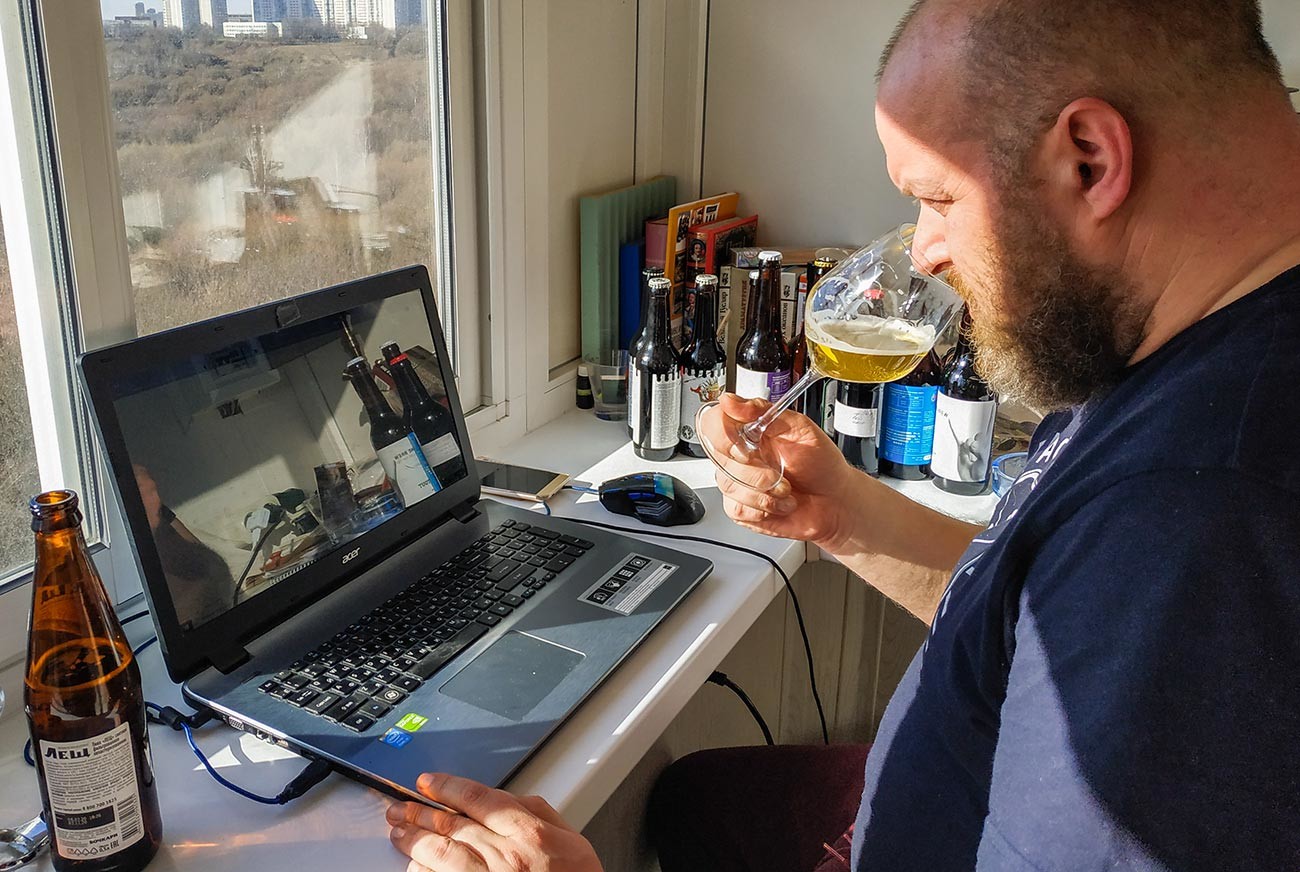
A beer chain consultant tastes some samples at home during a live video conference in Moscow during self-isolation.
Vladimir Pesnya/SputnikApril
Before tougher restrictions were enacted, many got the chance to see their hometown in a way it’s never been seen before in history - to view their favorite places in a different light, without tourists or crowds or work commuters clogging up the city.
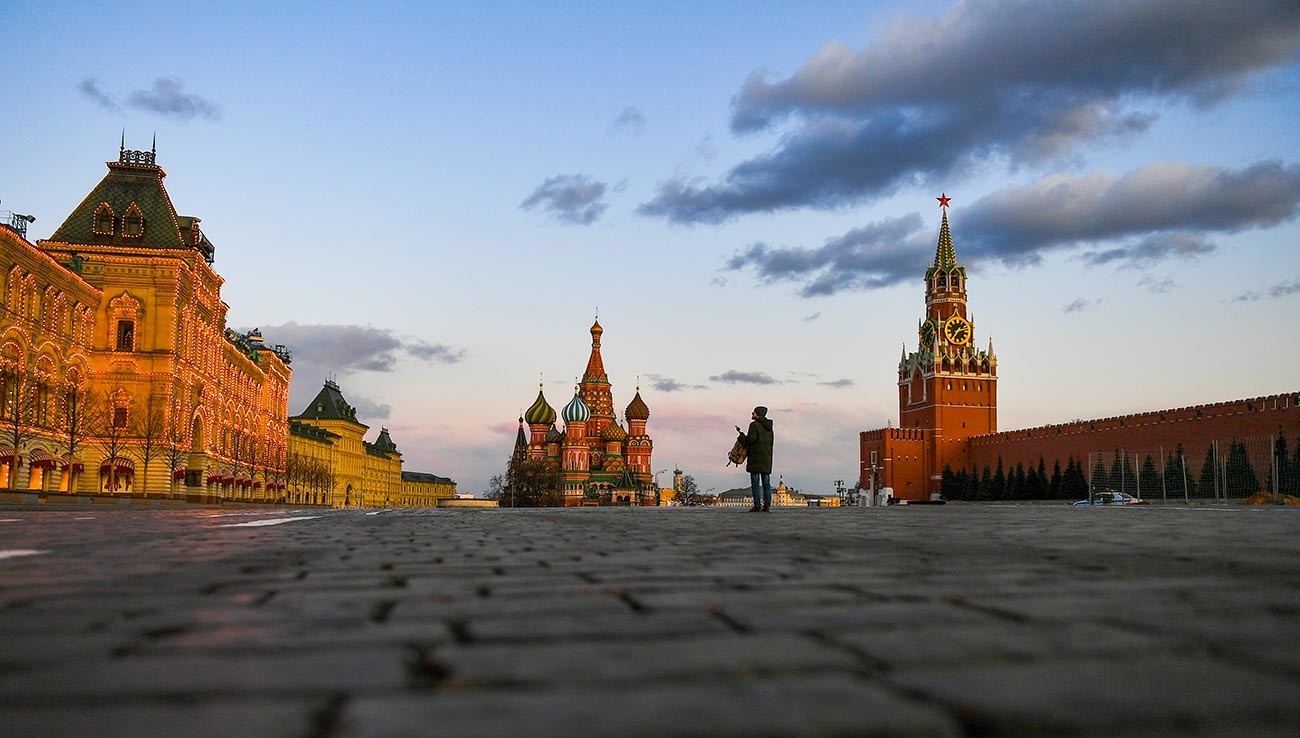
Empty Moscow.
Maxim Bllinov/SputnikBirds and animals could be seen returning to public parts, with many online often proclaiming that “nature is cleaning house”.
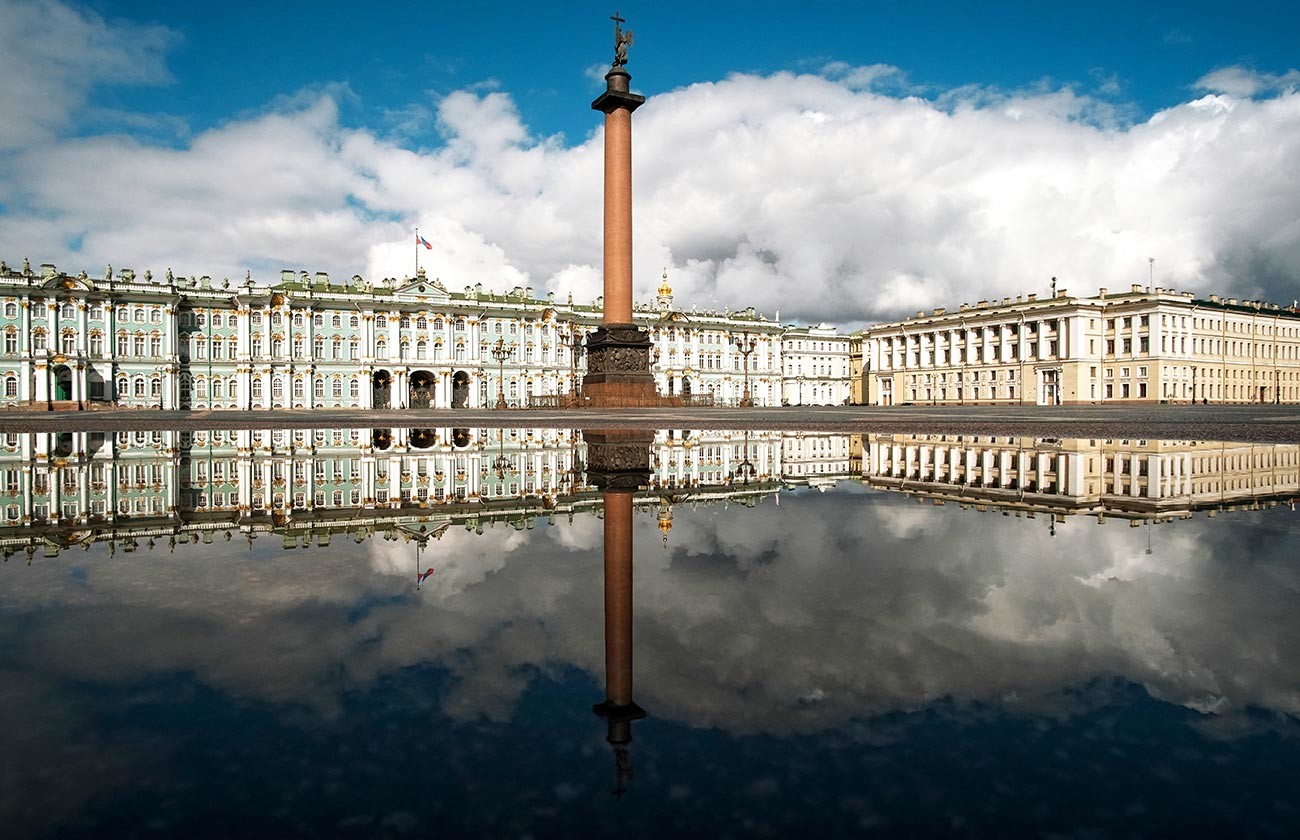
Empty St. Petersburg.
Alexei Danichev/SputnikMay
Moscow’s traditional Victory Day parade on May 9 was postponed until June 24, but the people still got a chance to see the traditional aerial show.
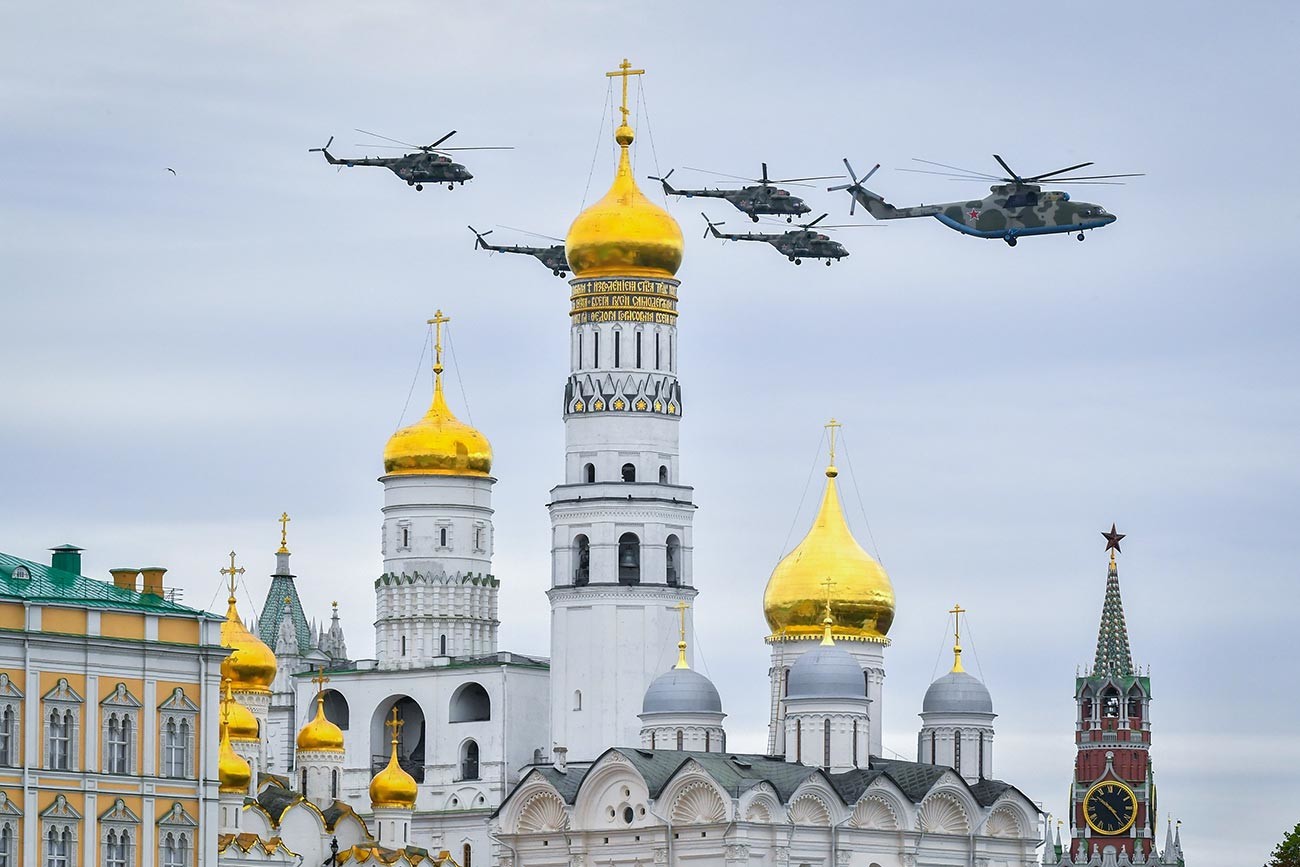
Helicopters over Red Square.
Andrei Nikerichev / Moskva AgencyThe ‘Immortal Regiment’ march - an event dedicated to the memory of relatives who passed in the Great Patriotic War (World War II) - was held online in 2020.
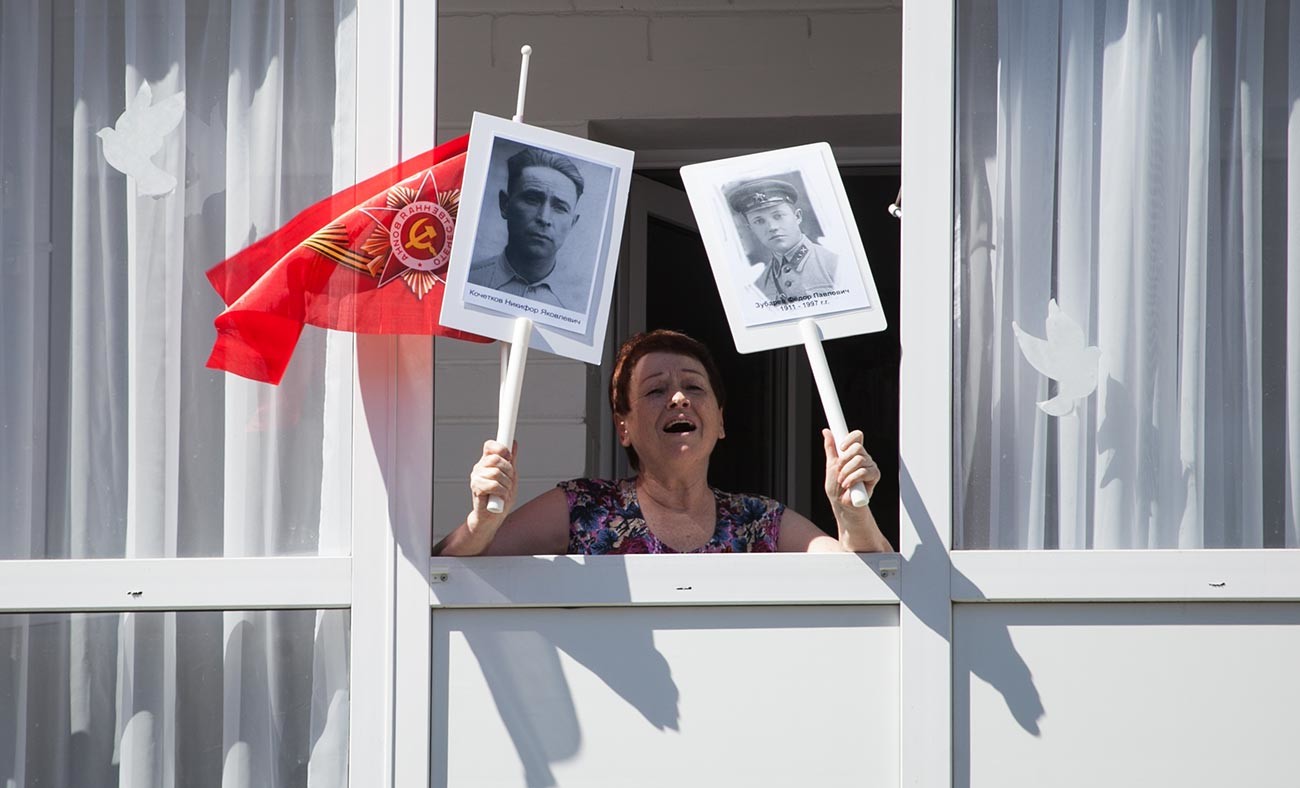
A Tyumen resident with portraits of the veterans of the Great Patriotic War sings wartime songs together with participants of the ‘Home Parade’ initiative.
Natalya Gorshkova/SputnikJune
Self-isolation was relaxed in the Russian regions, which included removing the travel permit system.
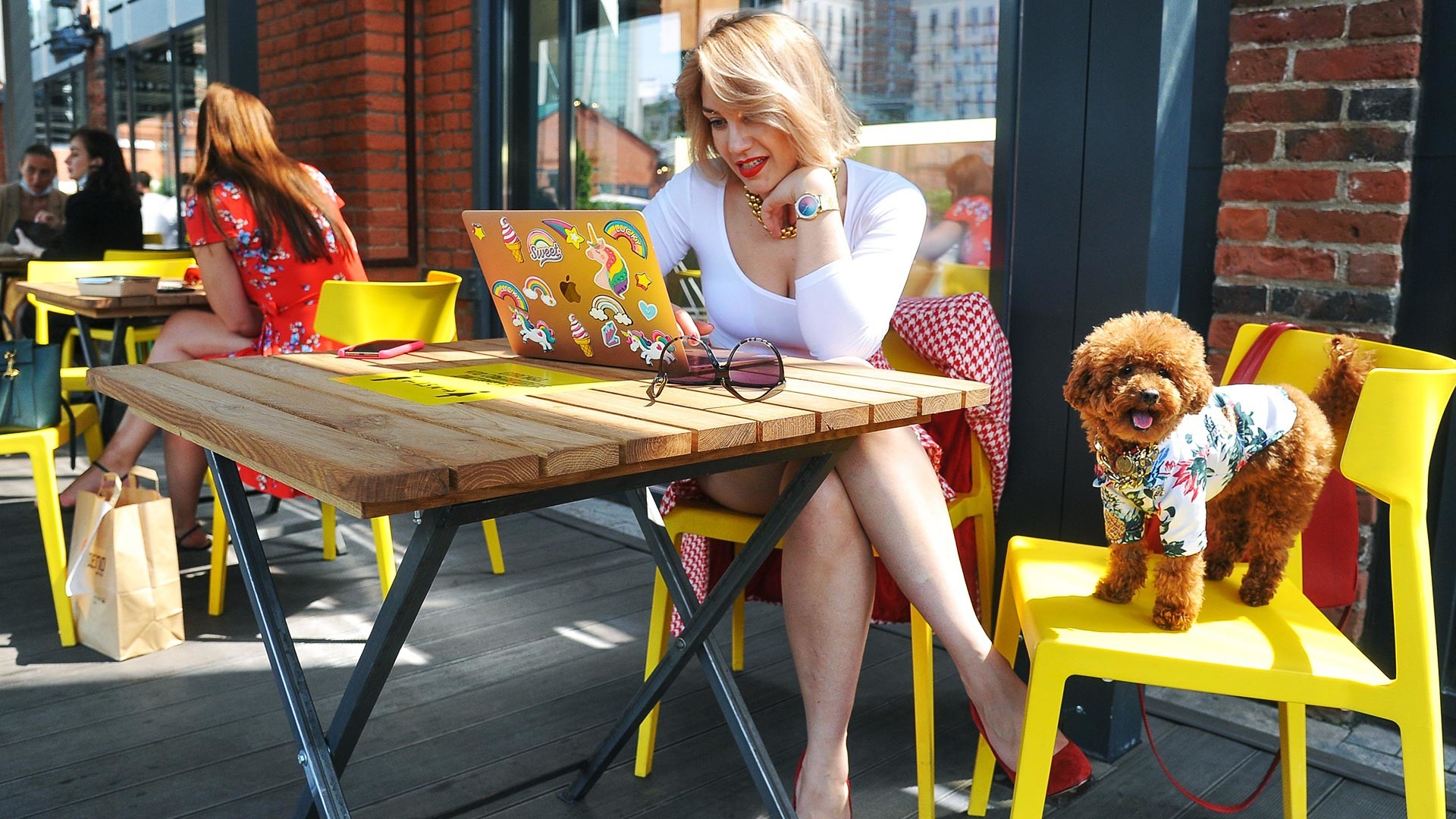
A summer cafe in Moscow.
Alexander Avilov / Moskva AgencySummer verandas were opening back up in major cities, albeit with the appropriate social distancing guidelines in mind.
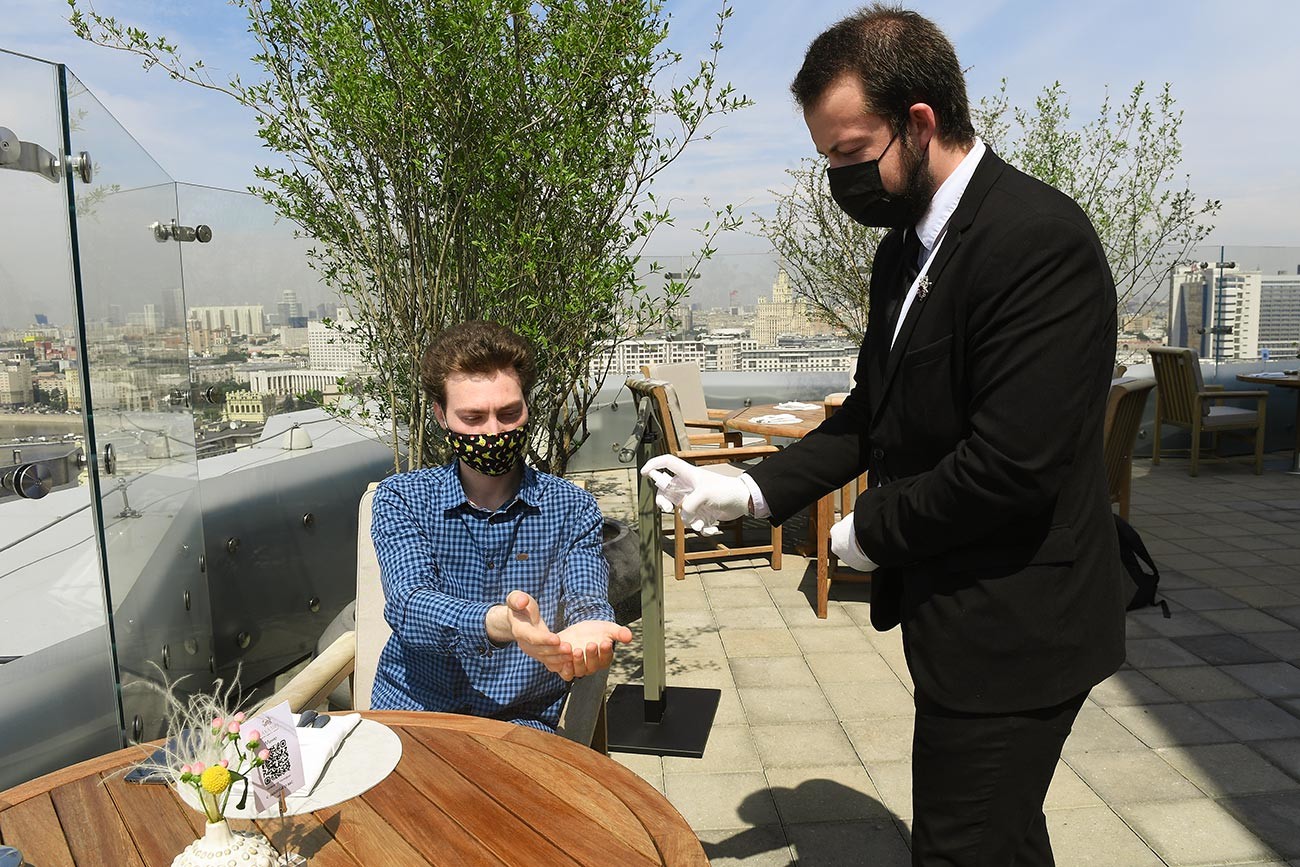
A cafe in Moscow.
Yekaterina Chesnokova/Sputnik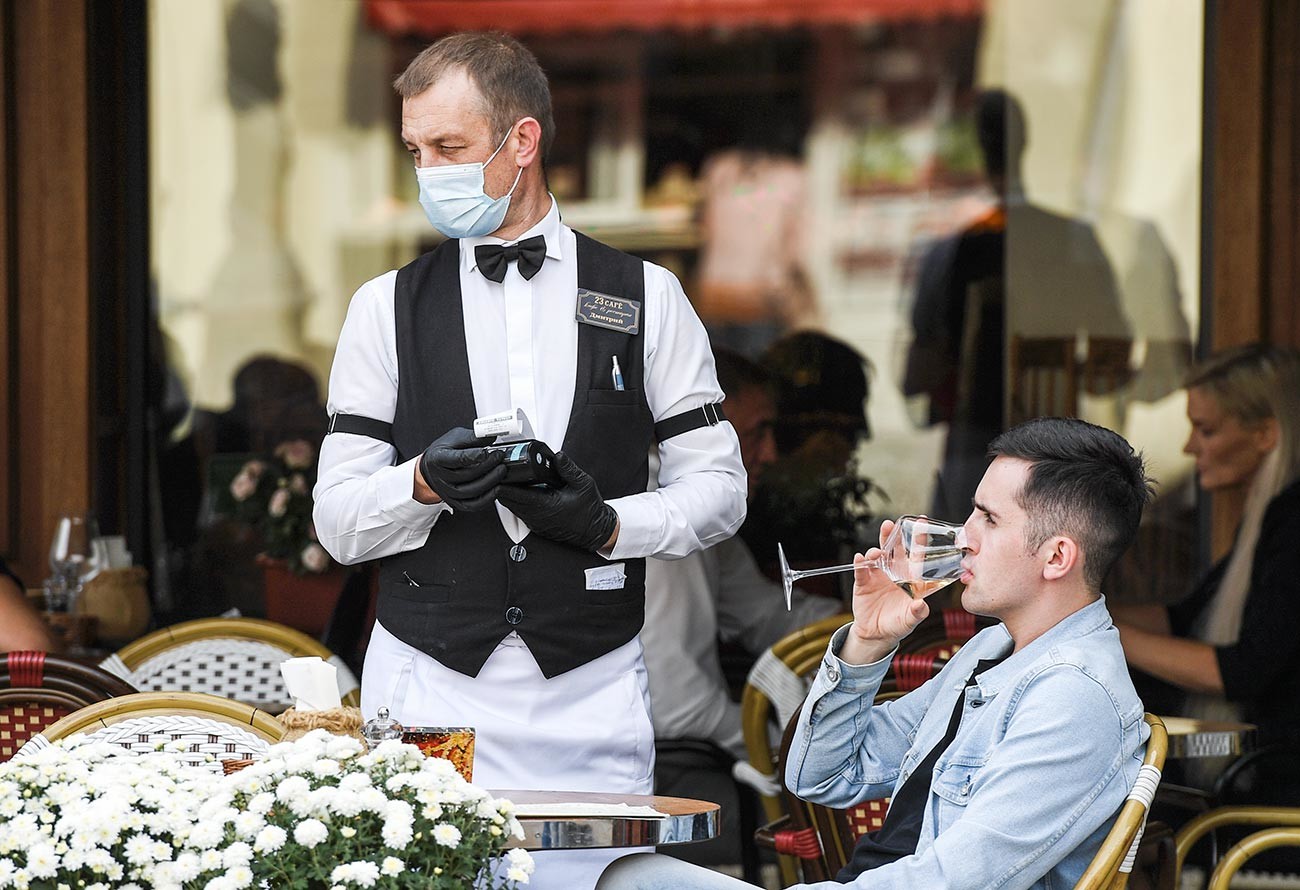
A cafe in Simferopol.
Konstantin Mikhalchevsky/SputnikThe Victory Day Parade took place on June 24 in Moscow, St. Petersburg, Volgograd, Samara, Sevastopol and other major cities. The revised date was chosen with another occasion in mind: the date that Soviet soldiers marched through Red Square after taking Berlin in 1945.
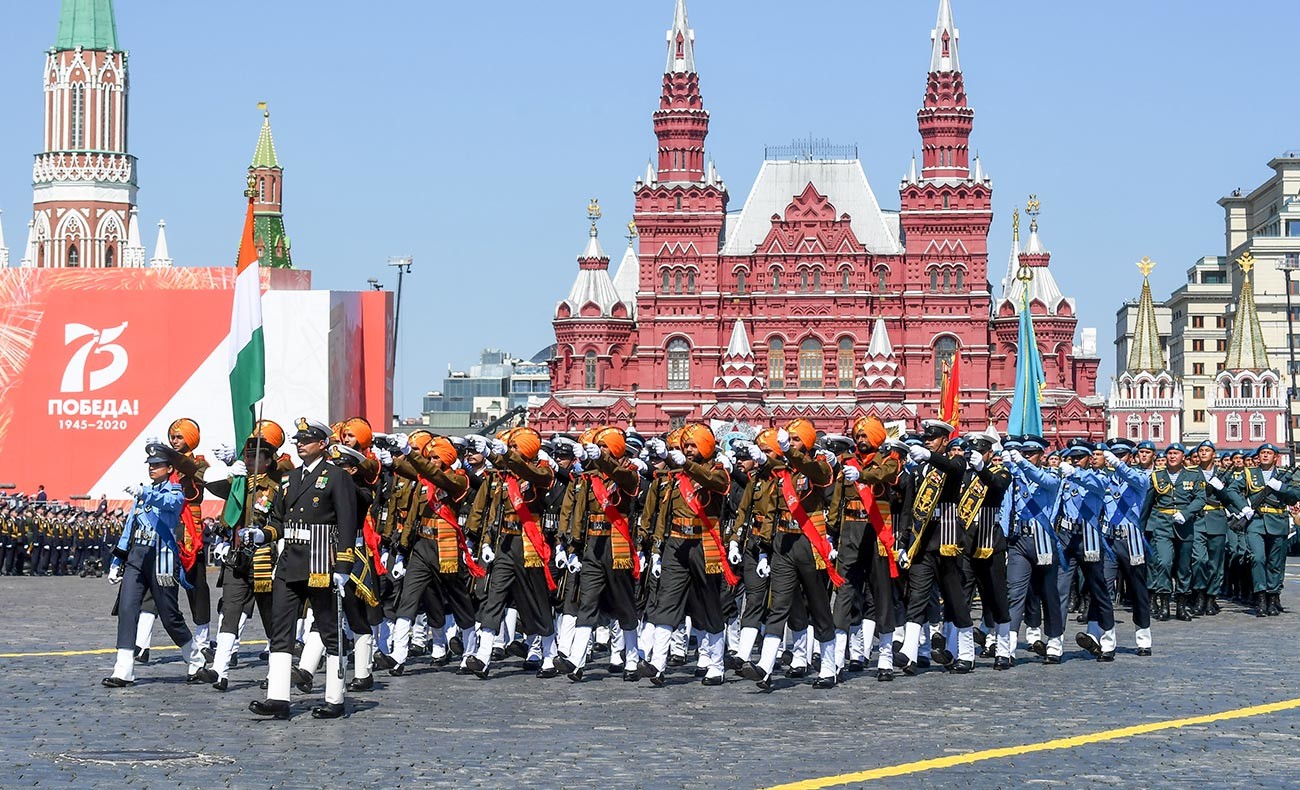
Indian military on Red Square.
Ilya Pitalev/SputnikIn 2020, aside from the Russian military, the parade involved guests from Serbia, India, Moldova, Kyrgyzstan, Armenia and China.
On June 30, President Vladimir Putin and Belarus President Alexander Lukashenko attended the grand opening of the war memorial in Rzhev (Tver Region) in memory of the fighting that took place there in 1942-1943.
July
Vacation season was in full swing. Due to the closed borders and a tough economic situation for many, Russians spend their vacation days traveling across their own country for a change. For many it presented a chance to get to know it better.
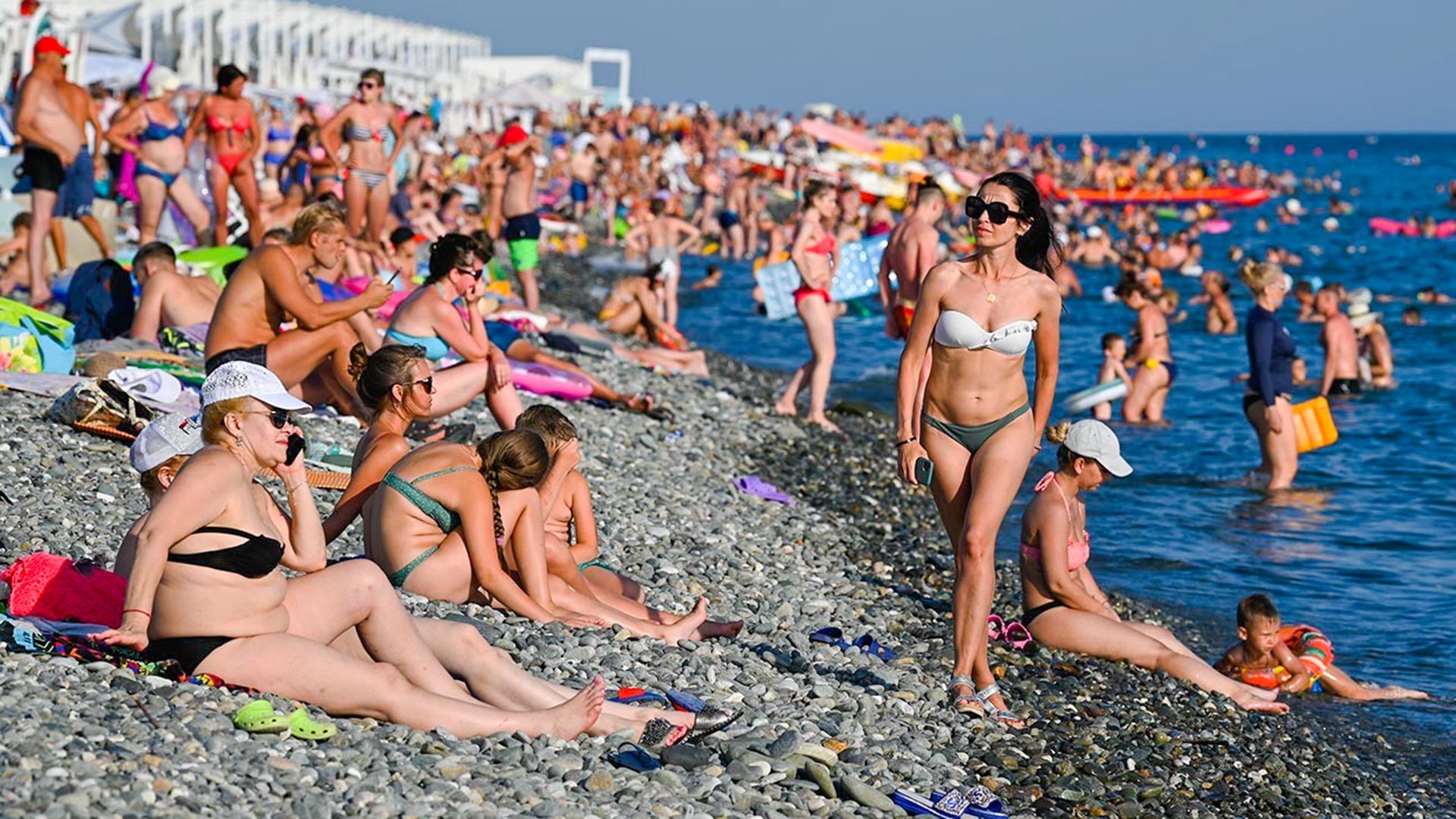
People vacationing in Sochi.
Artur Lebedev/SputnikThe most popular destinations that month were the Black Sea - Sochi, Anapa and Crimea. Many, however, also headed inward - Siberia, Ural and some to Russia’s Far East.
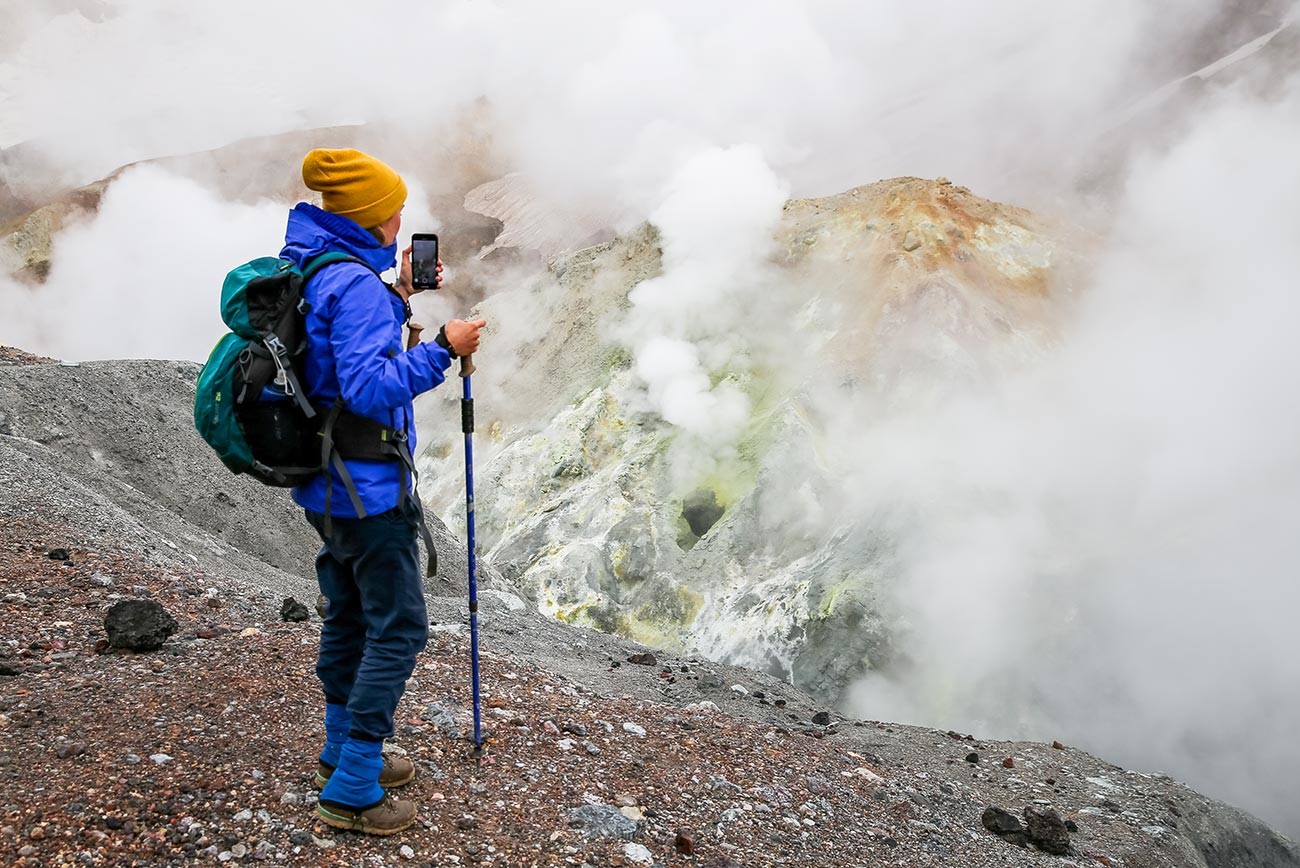
Kamchatka tourism.
Yelena Vereschaka/TASS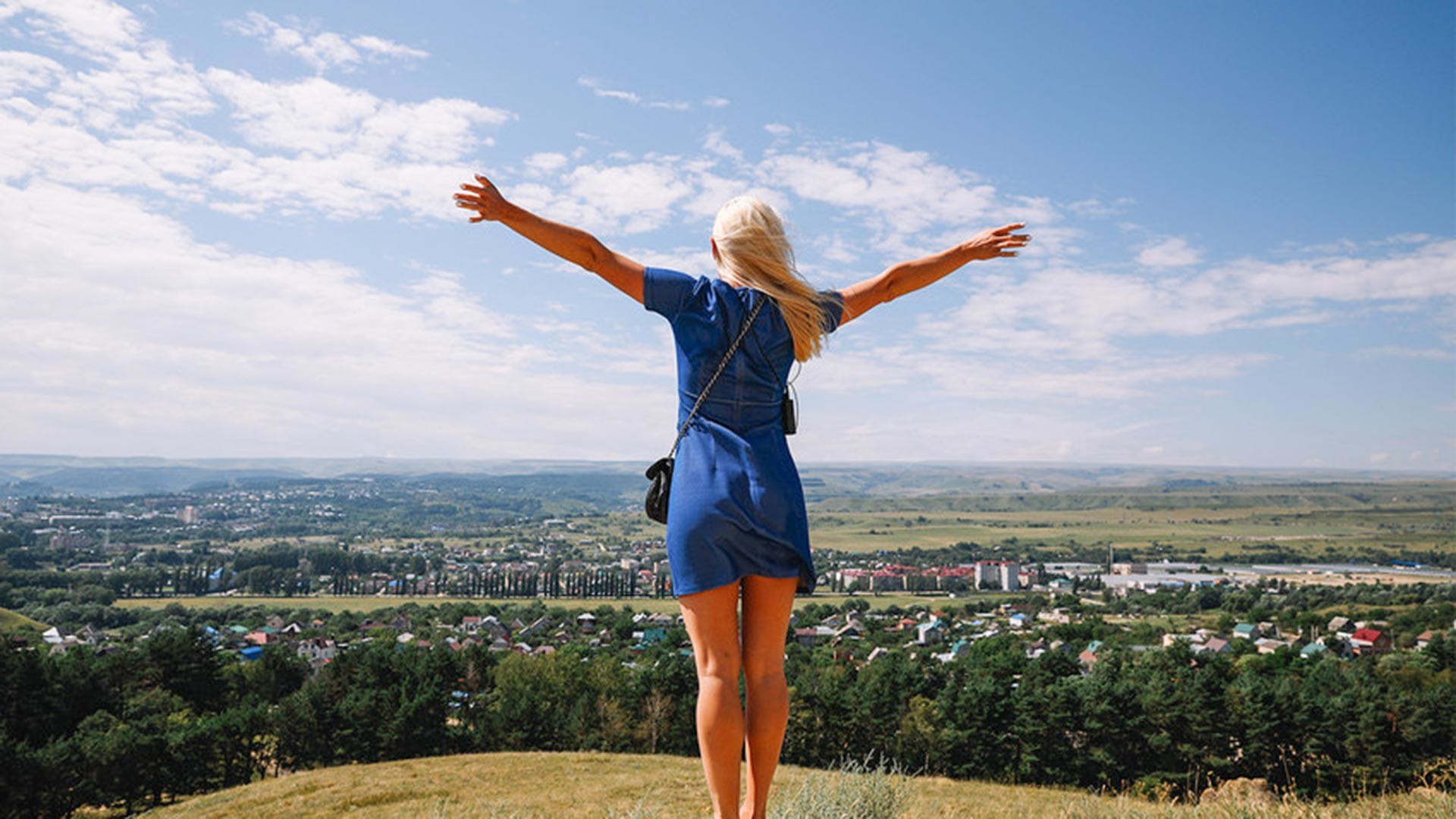
The view of Kislovodsk.
Dom.RFAugust
President Putin announced the registration of the world’s first Covid-19 vaccine - ‘Sputnik V’, engineered by Russian scientists. This dual-component vaccine is meant to be taken with an interval of three weeks between injections.
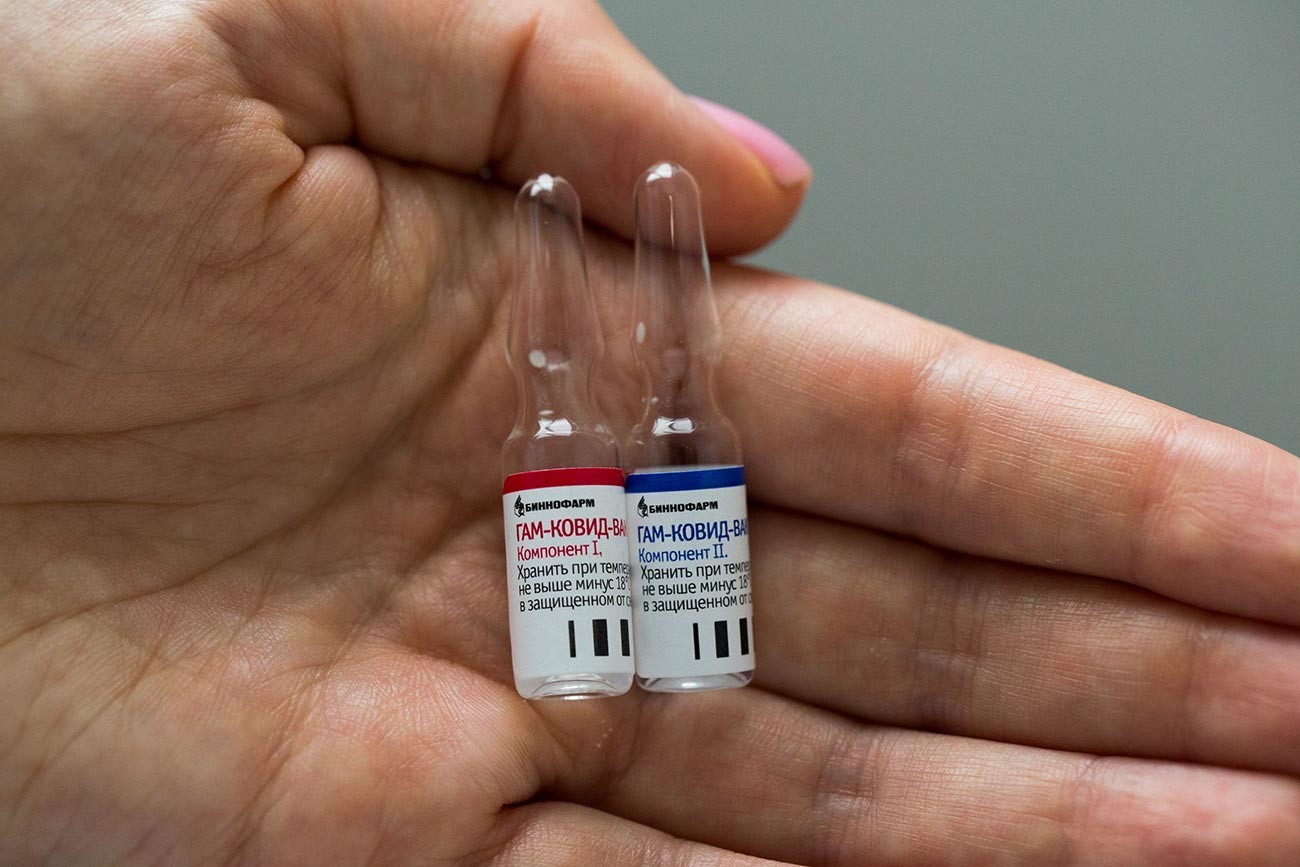
This is what it looks like.
Moskva AgencySeptember
The North River Terminal opened this month - one of the first Stalinist buildings to be constructed in 1937, it took two years to fully renovate (2018-2020).
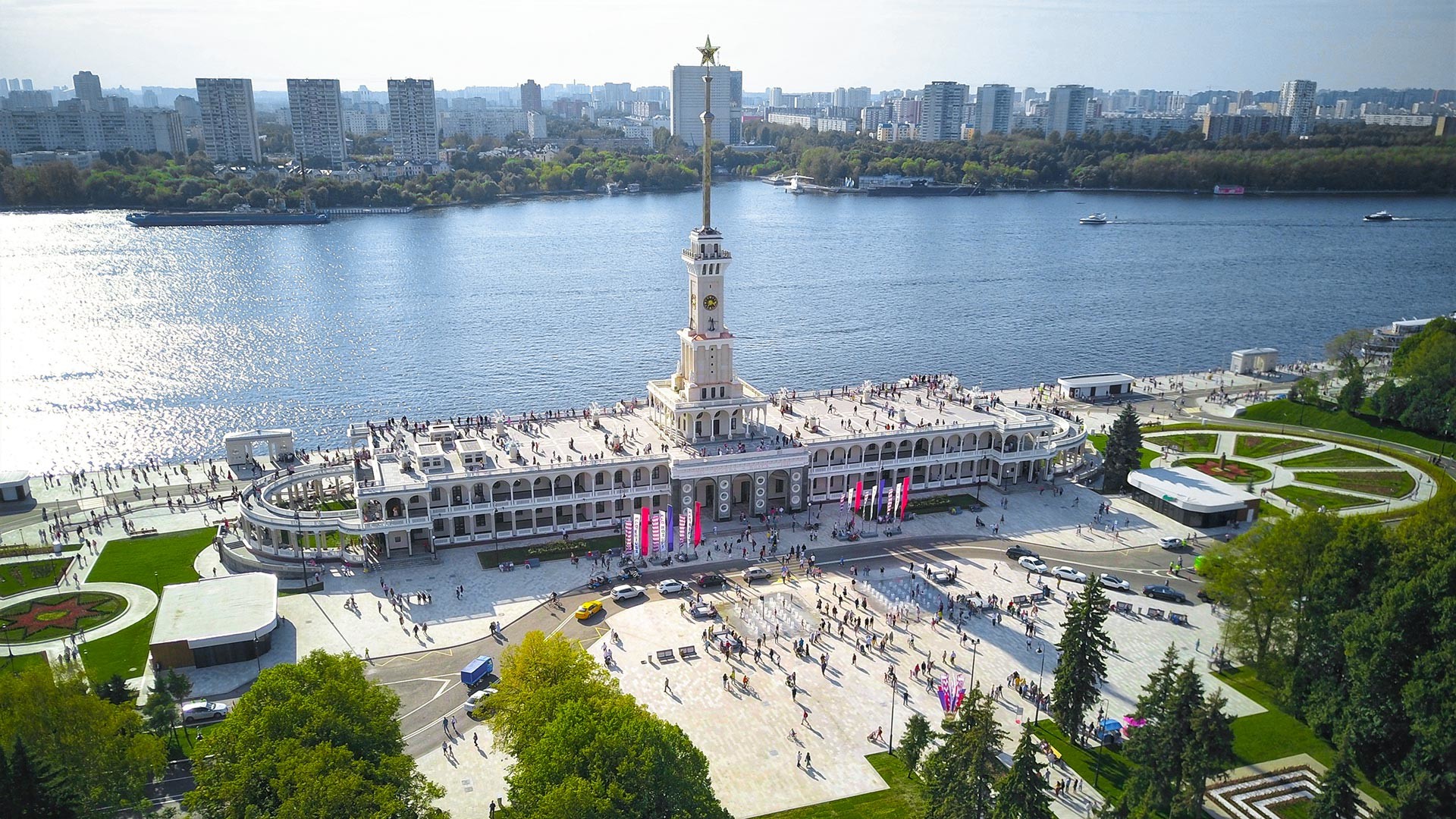
The North River Terminal in Moscow.
Moskva AgencyOctober
Russia, together with a majority of other countries, remained closed to tourists. However, in October, the government announced a new electronic visa system available to nationals of 52 countries, including European and American visitors. Travel is expected to resume in 2021, with the visas allowing free travel in Russia for a period of 16 days. To apply for a visa, you will have to fill out an online application and pay $40 in consular fees.
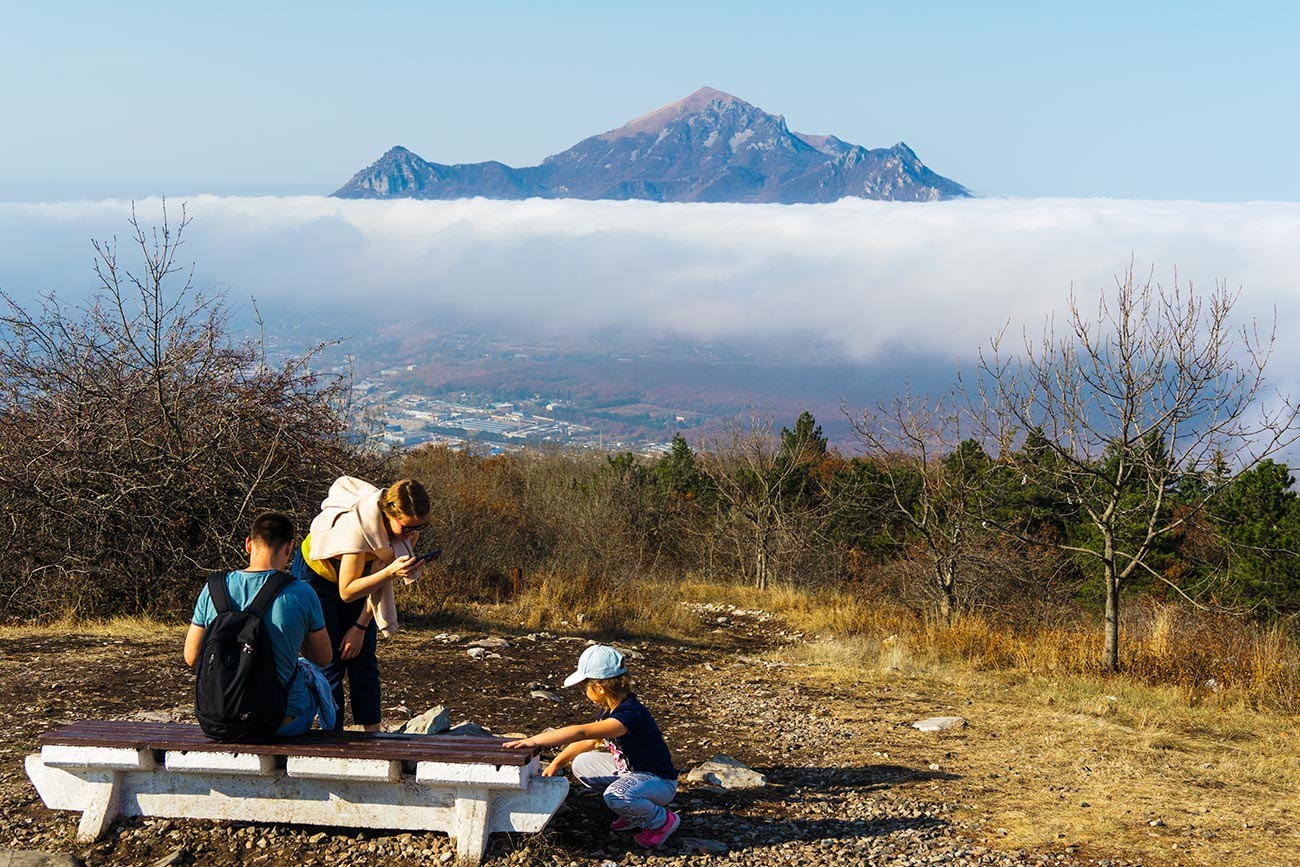
Tourists in Pyatigorsk.
Alexei Danichev/SputnikNovember
Russians celebrated the Day of National Unity on November 4, with all the appropriate restrictions in place, of course, including masks and gloves.
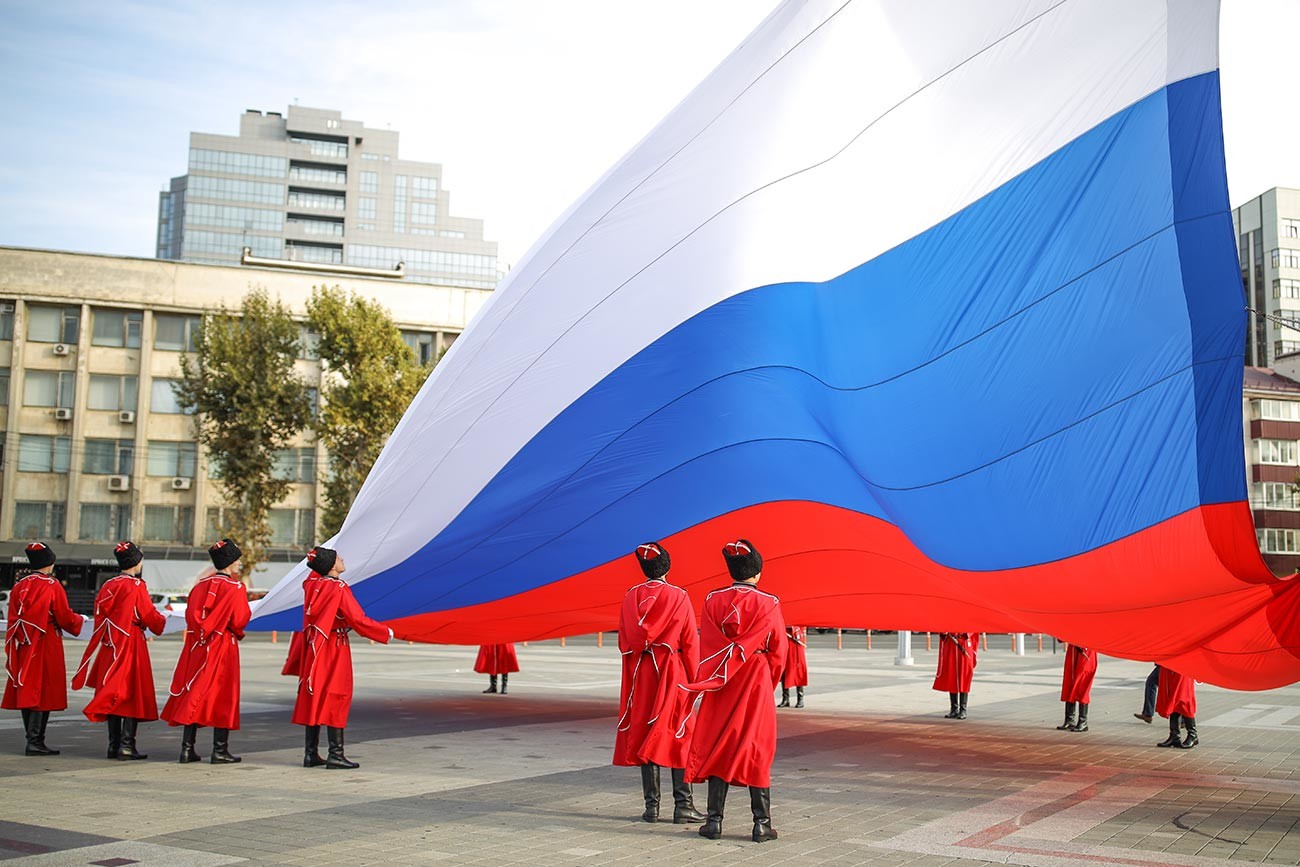
Cossacks in Krasnodar.
Vitaly Timkiv/SputnikAt the end of November, ice skating rinks began opening up across the country. Russian cities began to be decorated with Christmas lights and trees.
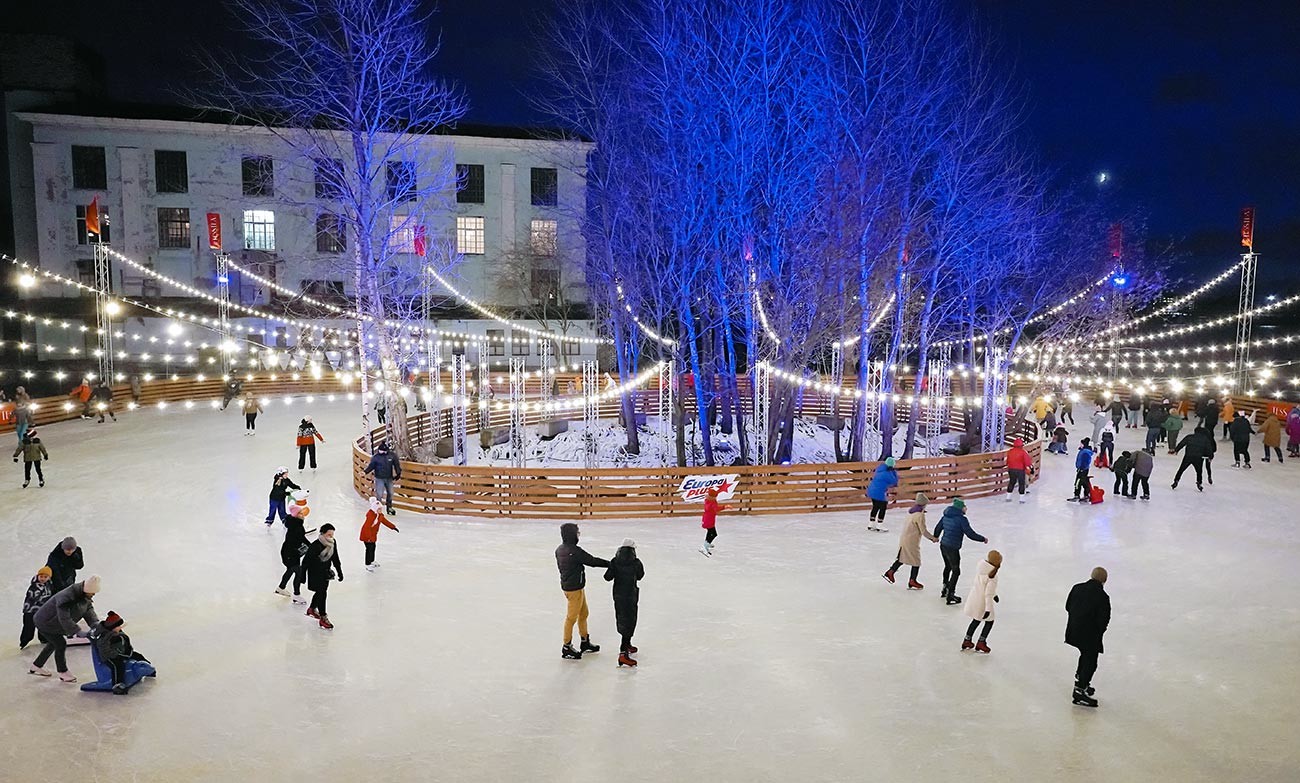
Sevkabel port ice rink in St. Petersburg.
Alexei Danichev/SputnikDecember
The country prepares to celebrate New Year 2021. Most regions, however, have cancelled public gatherings and banned restaurants from opening their doors on celebration days.
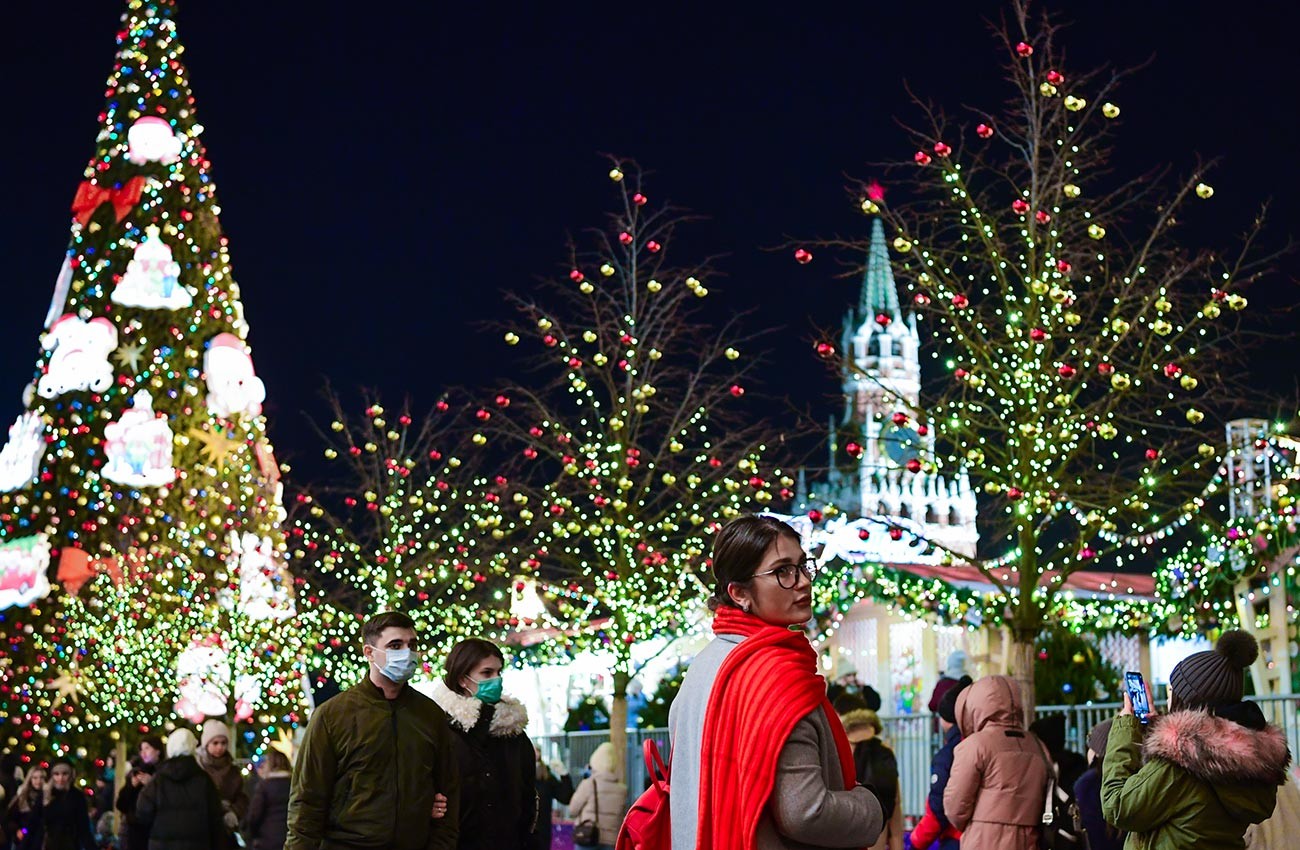
Red Square ready for 2021 New Year celebrations.
Alexei Maishev/SputnikHowever, some new creative Christmas decorations began to appear.
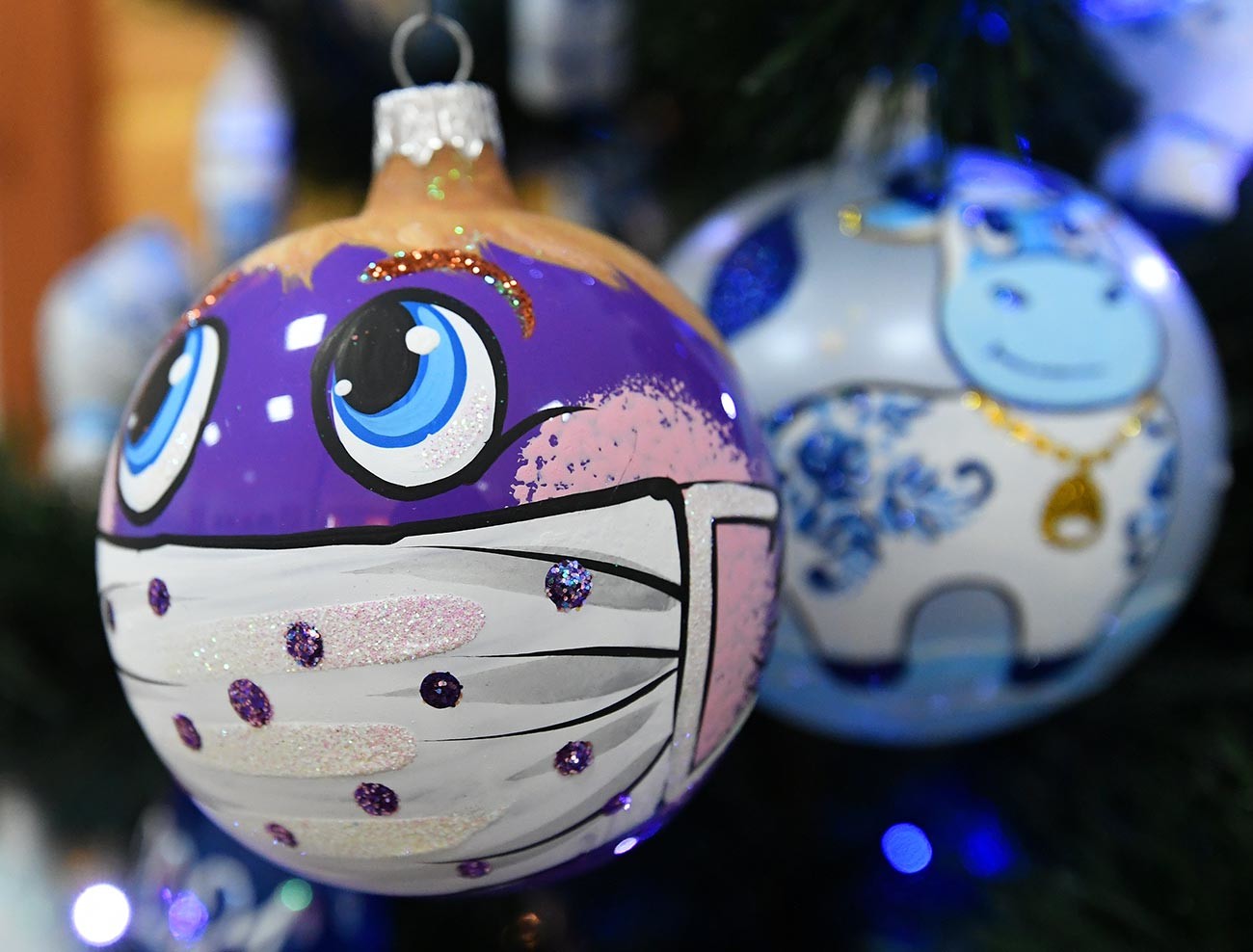
Christmas tree ornaments with masks from Krasnoyarsk.
Ilya Naimushin/SputnikIf using any of Russia Beyond's content, partly or in full, always provide an active hyperlink to the original material.
Subscribe
to our newsletter!
Get the week's best stories straight to your inbox